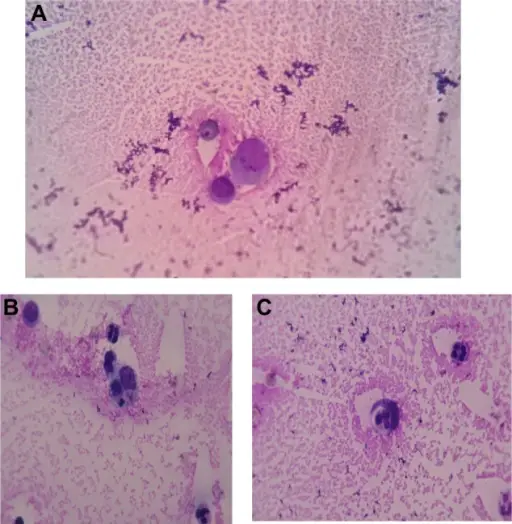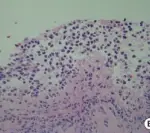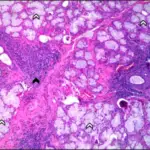Rheumatoid arthritis (RA) is a chronic inflammatory disease of the joints. Rheumatoid arthritis may also involve the skin, heart, blood vessels, and lungs.
What is the Pathology of Rheumatoid Arthritis?
The pathology of rheumatoid arthritis is:
-Etiology: The cause of rheumatoid arthritis is unknown, but it can be attributed to genetics, environment, immunologic and infectious factors. Its development may also be influenced by lifestyle and socioeconomic factors.
-Pathogenesis: The sequence of events that lead to rheumatoid arthritis can be triggered by an external factor that activates immune reaction that leads to articular and extra-articular manifestations.
-Morphologic changes: The morphologic changes involved with rheumatoid arthritis are edematous, thickened, and hyperplastic synovium; formation of fronds and villi on the surface, aggregation of fibrin, osteoclastic activity leading to bone erosion, and pannus formation.
How does Rheumatoid Arthritis Present?
Patients with rheumatoid arthritis are typically women 3x more affected than men; with prevalence that increases with age and peaks presentation at age range of 35-50 years old. The symptoms, features, and clinical findings associated with rheumatoid arthritis include a hallmark of persistent symmetric polyarthritis on both hands and feet. Other features felt and seen in the joints are stiffness, tenderness, swelling, deformity, pain and limitation of motion, rheumatoid nodules, and extra-articular manifestations.
How is Rheumatoid Arthritis Diagnosed?
Rheumatoid arthritis is diagnosed through a combination of clinical, laboratory, and imaging tests. For laboratory studies, the following may be requested: ESR, CRP level, CBC, rheumatoid factor assay, and ANA assay. Radiography is the imaging pf choice for rheumatic arthritis that can assess extent and progression of the disease.
How is Rheumatoid Arthritis Treated?
Rheumatoid arthritis is treated with pharmacologic and non-pharmacologic treatments. For pharmacologic, NSAIDs, DMARDs, immunosuppressant and corticosteroids may be utilized. For non-pharmacologic, exercise, diet modification, stress management, physical therapy, and surgery, may be advised.
What is the Prognosis of Rheumatoid Arthritis?
The prognosis of Rheumatoid Arthritis is dependent on how early interventions are applied. Rheumatoid arthritis that was recognized early and treated with DMARDs showed the best prognosis in achieving remission. Prognosis is also poor in patients with positive RF results. While rheumatoid arthritis that is consistently active for one year lead to joint deformity and disability.



